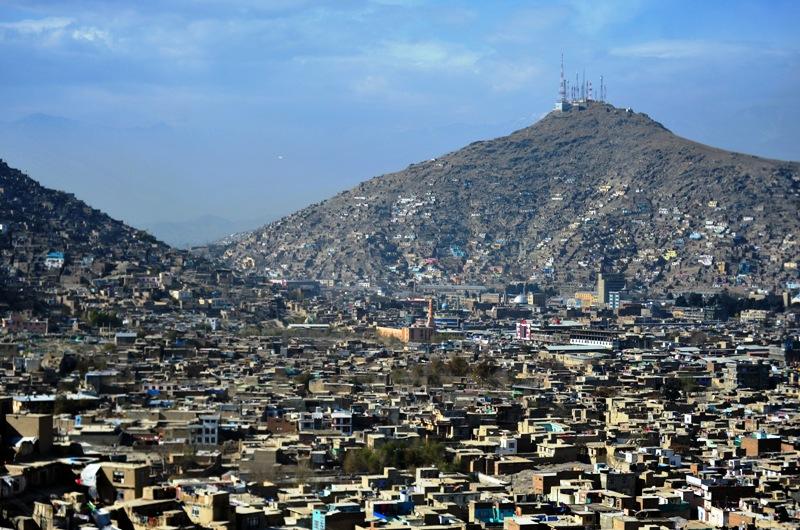The Taliban have banned girls from making phone calls to radio stations and television channels in Southeast Khost Province.
According to AFJC, an official letter dated Saturday, February 24, signed by Abdul Rasheed Omari, the Taliban police chief in Khost province states: “Some private radio stations in Khost are promoting moral corruption, such as broadcasting school lessons or social programs involving many girls.” “Girls are engaging in illegal phone calls with the presenters of these programs during official and unofficial hours, leading to moral corruption in society and violating Islamic values.”
The letter concludes with a warning to media officials that they will face summoning and prosecution if they allow girls to participate in phone calls to media outlets.
Currently, there are 15 radios and three private TVs operating in Khost province, in addition to state radio and television stations.
In another similar directive, Taliban authorities have also warned of barring female journalists and women at large from media platforms unless they comply with a dress code requiring that only their eyes be visible.
AFJC said the warning was issued by Mohammad Khaled Hanafi, head of the Taliban’s Promotion of Virtue and Prevention of Vice Ministry, in a meeting with journalists in Kabul.
The AFJC said in its statement that local media professionals in the country have dealt with stringent work conditions requiring them to strictly follow a set of media guidelines the Taliban introduced after reclaiming power in 2021.
The Taliban have also prohibited teenage girls from receiving an education beyond the sixth grade, female aid workers are banned from working for nongovernmental humanitarian groups, including the United Nations, except in the health sector, and females are not allowed to visit public parks, gyms, and bathhouses.
Due to the ban on schools for girls above the sixth grade, educational programs through media outlets have increased in across the country.
AFJC has expressed serious concern over the impact of this ban on the freedom of the press and demands its immediate cancellation.
Under the Afghanistan Media Law enacted by the previous government, which the Taliban government has recognized as still valid, individuals are guaranteed the right to freedom of expression, including the dissemination of information without government interference. However, there have been instances of Taliban officials intimidating and meddling in media operations.
The Taliban have rejected criticism of their governance, saying it is aligned with the Islamic law of Sharia and Afghan culture.

